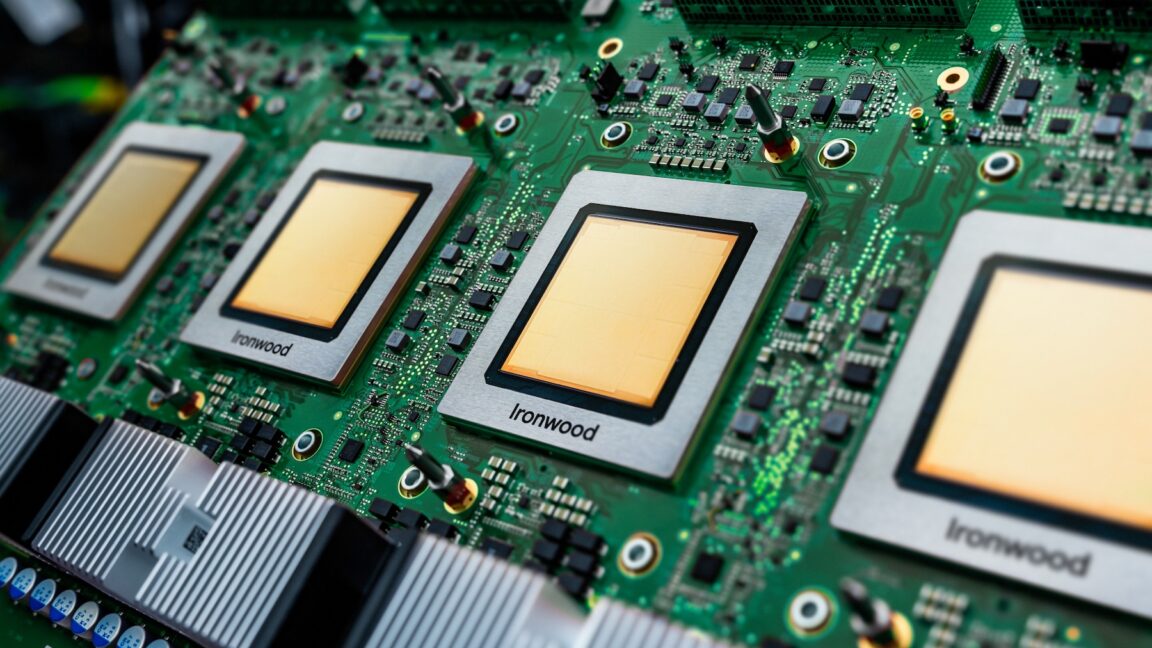
"It was probably always when, not if, Google would add its name to the list of companies intrigued by the potential of orbiting data centers. Google announced Tuesday a new initiative, named Project Suncatcher, to examine the feasibility of bringing artificial intelligence to space. The idea is to deploy swarms of satellites in low-Earth orbit, each carrying Google's AI accelerator chips designed for training, content generation, synthetic speech and vision, and predictive modeling. Google calls these chips Tensor Processing Units, or TPUs."
""Project Suncatcher is a moonshot exploring a new frontier: equipping solar-powered satellite constellations with TPUs and free-space optical links to one day scale machine learning compute in space," Google wrote in a blog post. "Like any moonshot, it's going to require us to solve a lot of complex engineering challenges," Google's CEO, Sundar Pichai, wrote on X. Pichai noted that Google's early tests show the company's TPUs can withstand the intense radiation they will encounter in space. "However, significant challenges still remain like thermal management and on-orbit system reliability.""
Project Suncatcher proposes swarms of solar-powered satellites in low-Earth orbit carrying Google's Tensor Processing Units (TPUs) and free-space optical links to scale machine-learning compute in space. The satellites would support training, content generation, synthetic speech and vision, and predictive modeling workloads. Early tests indicate TPUs can withstand intense radiation encountered in orbit. Significant engineering challenges remain, including thermal management and on-orbit system reliability. The initiative targets growing global demand for AI compute and seeks alternatives to ever-larger terrestrial data centers and their escalating energy needs.
Read at Ars Technica
Unable to calculate read time
Collection
[
|
...
]